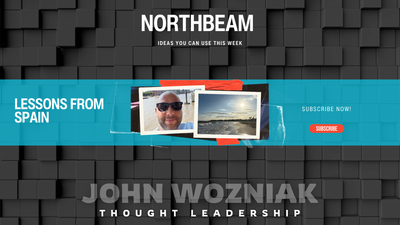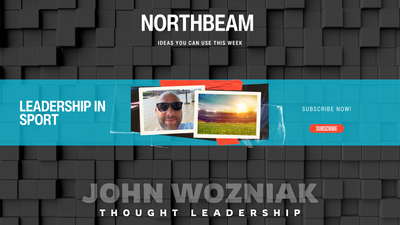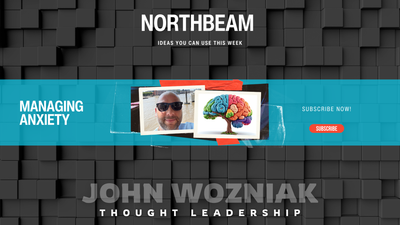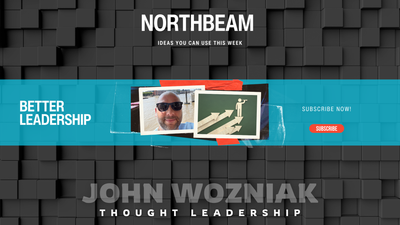Uplifting: What Elite Sport Teaches Us About Simple Wellbeing

From the training ground to your desk: small wellbeing shifts with big impact
In 1996, England hosted the European Championships. With Terry Venables at the helm as manager, England were favourites to lift one of football’s most coveted prizes. Venables had a pool of elite talent, including Alan Shearer, Paul Gascoigne, Paul Ince, Gary Neville and Teddy Sheringham.
Despite the backing of the nation, England lost to arch rivals Germany in the semi-finals. What happened? On paper it was one of those cases of just falling short again. Bad luck. Penalty shootout hangovers.
In reality, the England players were drinking late into the night when they should have been in bed preparing for the biggest games of their careers.
Meanwhile, across London, a Frenchman by the name of Arsène Wenger was about to take over at Arsenal. Wenger revolutionised the club with a Stoic ethos. Out went the boozy culture of British football, and in came a new approach.
He introduced scientifically based training methods, focusing on short, intense sessions, stretching, osteopathy, and acupuncture. Wenger didn’t stop with the physical side either. His players faced a dietary overhaul: alcohol and chocolate were swapped for fish, vegetables, and nutrient-rich drinks, which boosted stamina and long-term health.
It all sounds like common sense, but why did it take a Frenchman to change one of Britain’s most famous clubs?
Sleep, Recovery, and Team Dynamics
In the book Peak Performance, the United States Women’s Soccer Team is highlighted as years ahead of their time. As far back as 1981, the USWNT integrated advanced sports science, leadership development, and team-building initiatives for sustained performance.
Junior teams trained with senior squads, mirroring tactics and strategies. Ajax followed a similar model in the Netherlands. Meanwhile, English football lagged behind. It took until 2012 for the FA to launch St George’s Park, its state-of-the-art training facility.
From Major League Baseball to the NFL, from Formula 1 to pro cycling, data analysis underpins Stoic wellbeing leadership. Marginal gains, the extra one percent, became the mantra.
Pro cycling is a case study. In the mid-80s, British teams relied on Frey Bentos pies before long rides. By the time Sir Dave Brailsford’s Team Sky emerged, the sport had transformed. Seven Tour de France wins in eight years followed, thanks to science-led detail: sleep pods, travelling chefs, even riders’ favourite mattresses brought from home.
It wasn’t about extravagance. It was about controlling recovery, nutrition, and environment so that athletes could perform at their peak.
Wellbeing Hacks We Can Take From Sport
Sport and exercise science doesn’t just transform performance on the track or pitch. It also matters at work. Sleep pods, nutritious food served in-house, wellbeing champions and structured programmes are now part of modern workplaces.
The lesson is clear: peak performance comes from balance. Rest is as important as work. Recovery is as vital as effort. And culture, how people treat each other day to day, under pins everything.
Bringing It Back To You
Think about your own week. Are you managing your energy, or just your time? Do you sleep well enough to perform? Do you recover properly, or just keep grinding? Do you lean on your team for support, or try to carry it all yourself?
You don’t need an Olympic budget to make changes. Start with one thing: protect your sleep, improve one meal a day, or schedule ten minutes of recovery. Marginal gains are not just for athletes, they’re for anyone who wants calmer days and better decisions.
One Small Action This Week
Try a 10 Minute Weekly Reset on Friday. Park the week, breathe, and set up the next. Elite teams reset constantly; you can too.
Summary
Elite sport shows us that wellbeing isn’t a luxury, it’s the foundation of peak performance. Wenger, the USWNT, and Team Sky all proved that sleep, recovery, and team dynamics matter more than raw talent. The same principles apply at work and at home. If you want to perform better, start with rest, recovery, and the people around you.
Thank you for visiting Northbeam.
Buy me a coffee
https://www.northbeamcollective.uk/#/portal/support
Or
Subscribe to Northbeam today
Paid readers get the full tools:
✦ Why subscribe?
Weekly, practical frameworks you can actually use.
Full access to the Northbeam archive.
Support the project and keep these lessons going.
👉 Upgrade to a paid plan today and save 10% with an annual subscription.
Subscribe to our newsletter.
Be the first to know - subscribe today






Member discussion